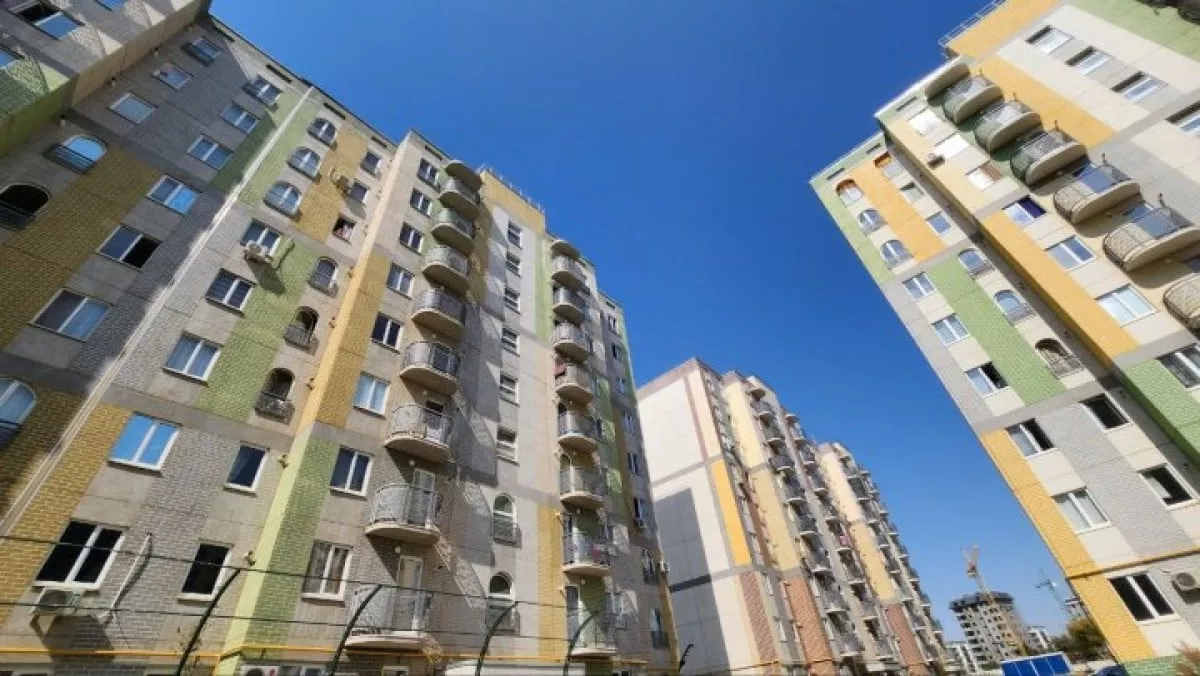
The Ministry of Construction and Communal Services of the Republic of Uzbekistan recently issued an official statement. This was reported by Upl.uz.
This statement was presented in response to public discussions that arose regarding the Deputy Minister's comments on the pricing of houses in the housing renovation program. The ministry is focusing on eliminating misunderstandings that have arisen in the public and ensuring the protection of citizens' property rights.
The discussions began after a statement made by Deputy Minister Ozoda Juraeva. At a press conference held on the topic of preparing houses for winter, she described the compensation amounts expected by owners of dilapidated houses as "overvalued."
This opinion was perceived by the public and market experts as direct interference in the pricing process. Criticisms on social networks and expert opinions are based on several key points.
Firstly, according to the basic principles of a market economy, the concept of "overpriced" is considered incorrect for private property. The right to determine the value of an asset belongs solely to its owner, and the final price is formed as a result of negotiations between the seller and the buyer.
Secondly, special attention was given to the commercial aspect of renovation projects. Builders investing in the project aim to demolish low-rise buildings and construct multi-story residential complexes in their place.
Within the framework of this business model, purchasing existing apartments is not a social obligation but rather an investment cost included in the project value. Therefore, regulating the purchase price administratively is viewed as providing unjustified advantages to builders and limiting the interests of property owners.
As public discussions intensified, the ministry provided clarification. The official statement emphasized that the Deputy Minister's words were made during the discussion of the draft law on "Renovation."
Currently, this draft law is being improved and negotiated with representatives of broad layers of society, especially prioritizing the interests of the population. Ministry representatives specifically noted that the implementation of renovation projects should be based solely on mutual agreements between builders and homeowners.
At the same time, it was stated that the principle of voluntary transactions must be adhered to, and coercion or circumvention of owners' rights is not permissible. Furthermore, the situation that has arisen indicates a lack of trust in the renovation program.
The public reacts sharply to any statements directed at pressuring property owners by official figures. For the program to be successfully implemented, authorities and builders must ensure maximum transparency and communicate in a spirit of cooperation with citizens.
In the world, there are two main compensation models in the practice of compulsory property acquisition for public needs. The first is "fair market value," which reflects the current market price of the object.
The second is "equivalent replacement value," which covers the costs of acquiring a property with similar characteristics in the area, even if this amount exceeds the market price of the old object. The choice of this valuation model is a major cause of social conflicts.

